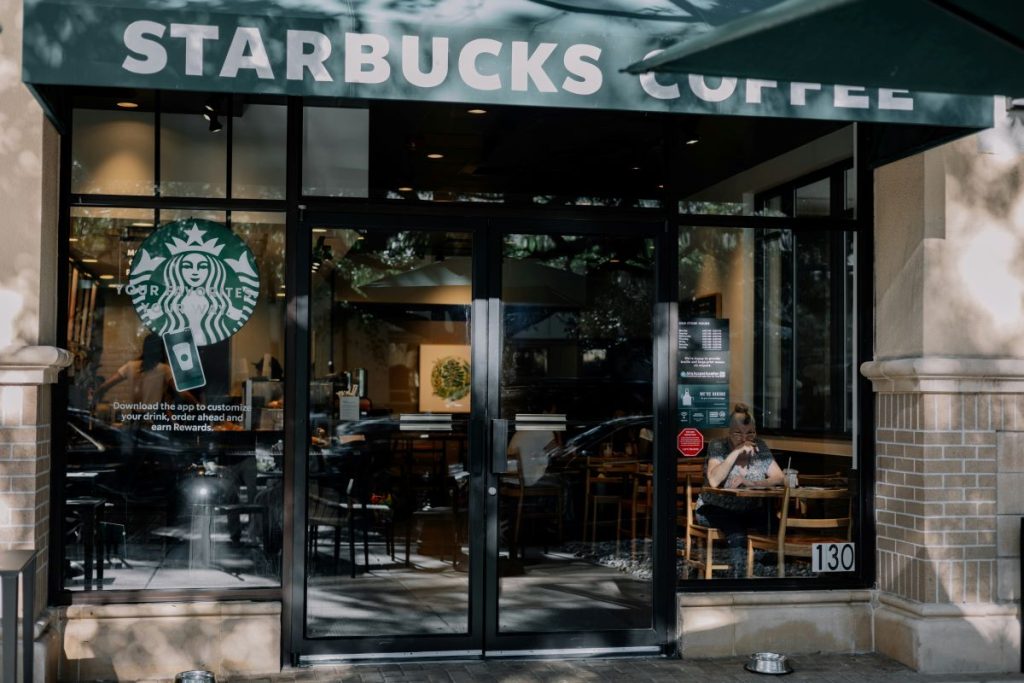Starbucks, accounting for 3% of the world’s coffee sourcing, is intensifying its supply chain investments in response to anticipated climate changes, including rising temperatures. The company has purchased two innovation farms in Costa Rica and Guatemala to advance research and development of climate-resilient coffee varieties. The Costa Rica farm will also test drones and other labor-saving technologies as Starbucks explores automation solutions to address workforce shortages in Latin America.
Expanding the Innovation Network
Starbucks now operates three innovation farms, having bought its first in Costa Rica over a decade ago. The coffee giant plans further farm investments in Africa and Asia, aiming to establish an innovation network across the world’s largest coffee-growing regions.
Addressing Climate Challenges
Climate change is expected to significantly alter coffee production and halve the amount of land suitable for cultivation by 2050. Starbucks exclusively sources and roasts Arabica beans, which are heat-sensitive, making even minor temperature changes impactful on coffee yield, flavor, and aroma.
Innovation for Sustainability
Innovation is crucial for companies like Starbucks to protect their coffee supply and overcome barriers to expanding production, especially as global demand continues to rise. Starbucks has already developed a variety resistant to coffee rust at its Hacienda Alsacia innovation farm in Costa Rica. The company has distributed approximately 90 million climate-resistant coffee trees and over 53 million coffee seedlings to farmers.
New innovation farms in Asia and other regions will enable Starbucks to conduct research tailored to specific geographies and scale solutions across the “Coffee Belt” growing regions. Starbucks is also researching ways to reduce its environmental footprint, with a goal of achieving “carbon neutral green coffee” by 2030.








